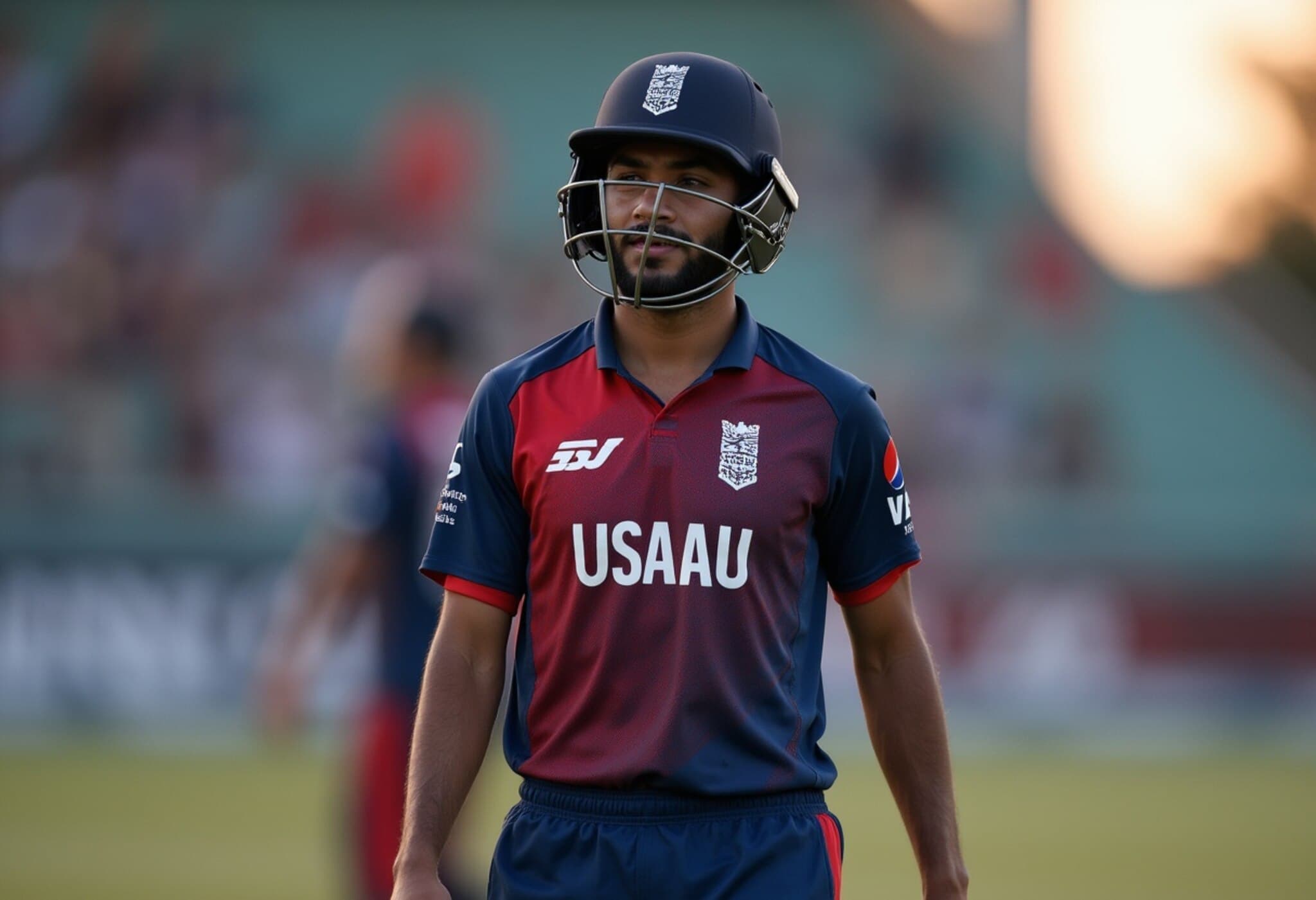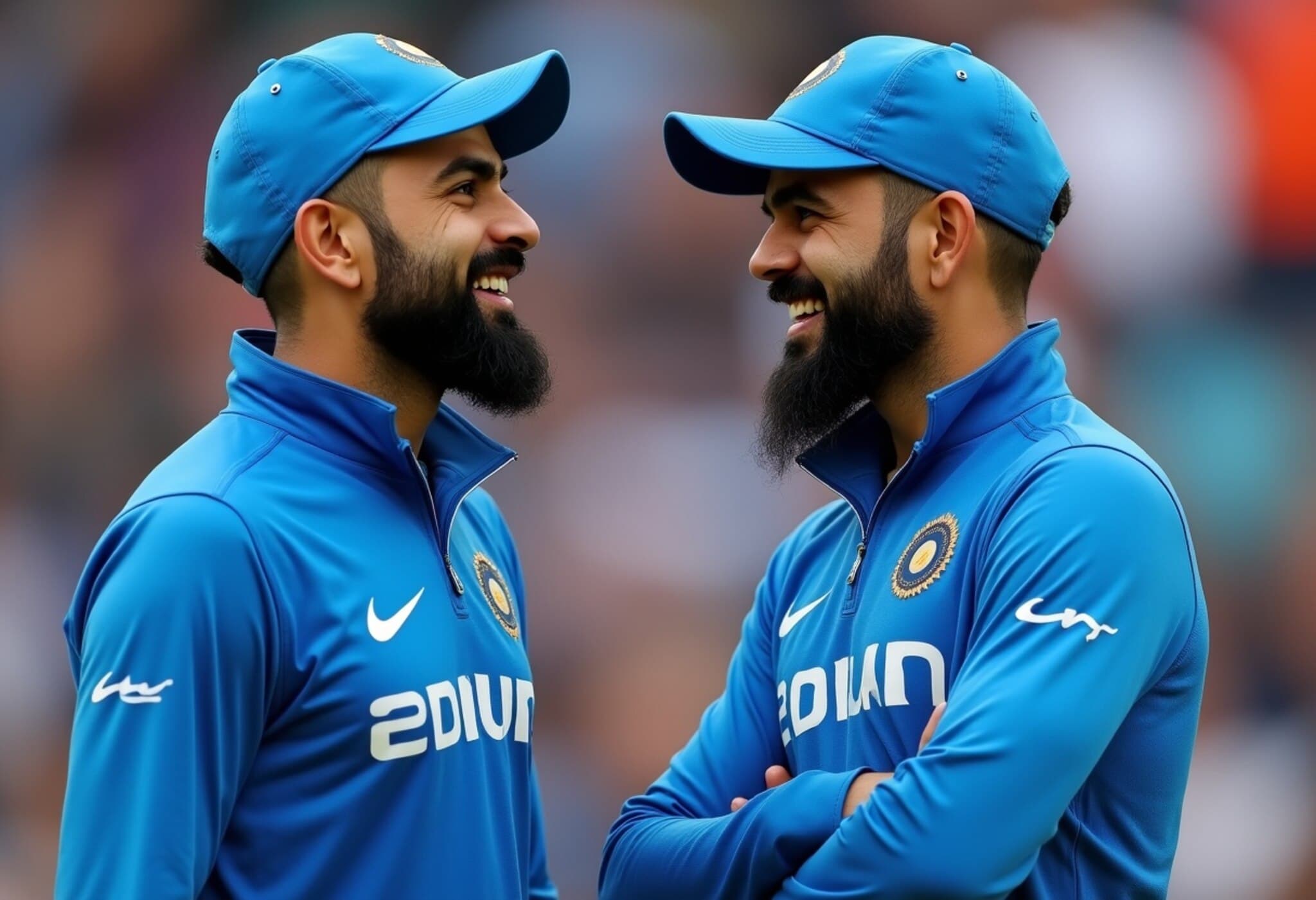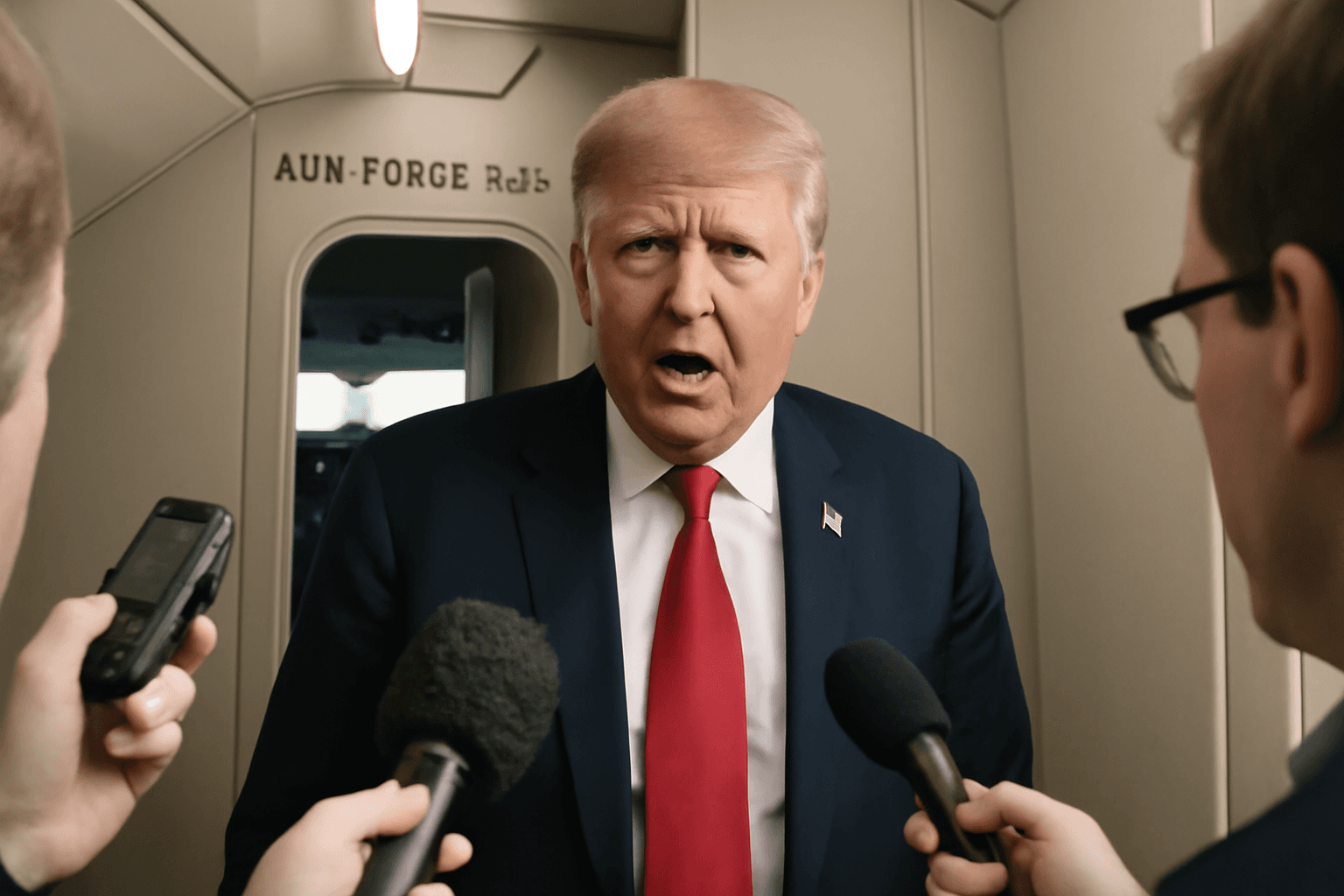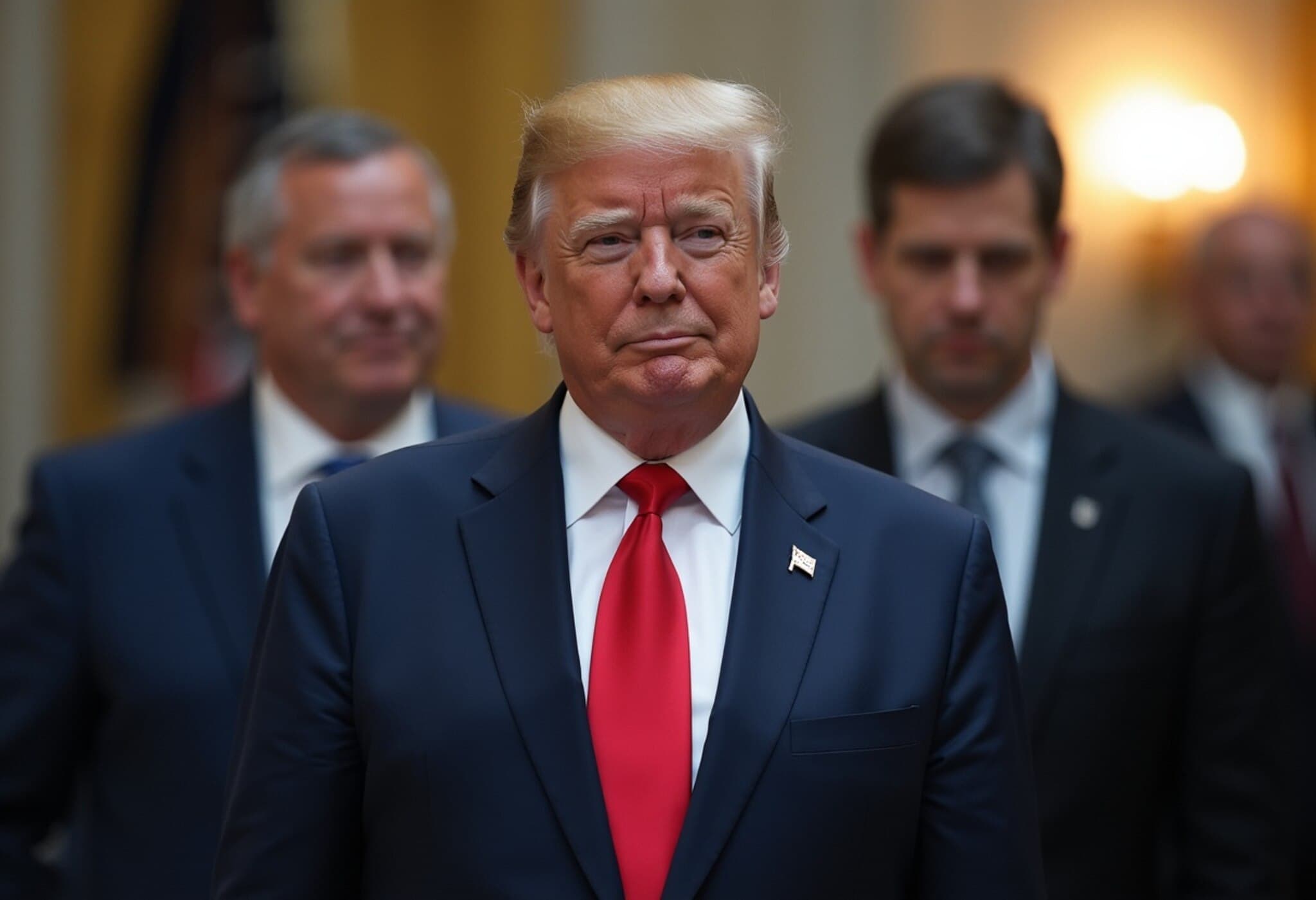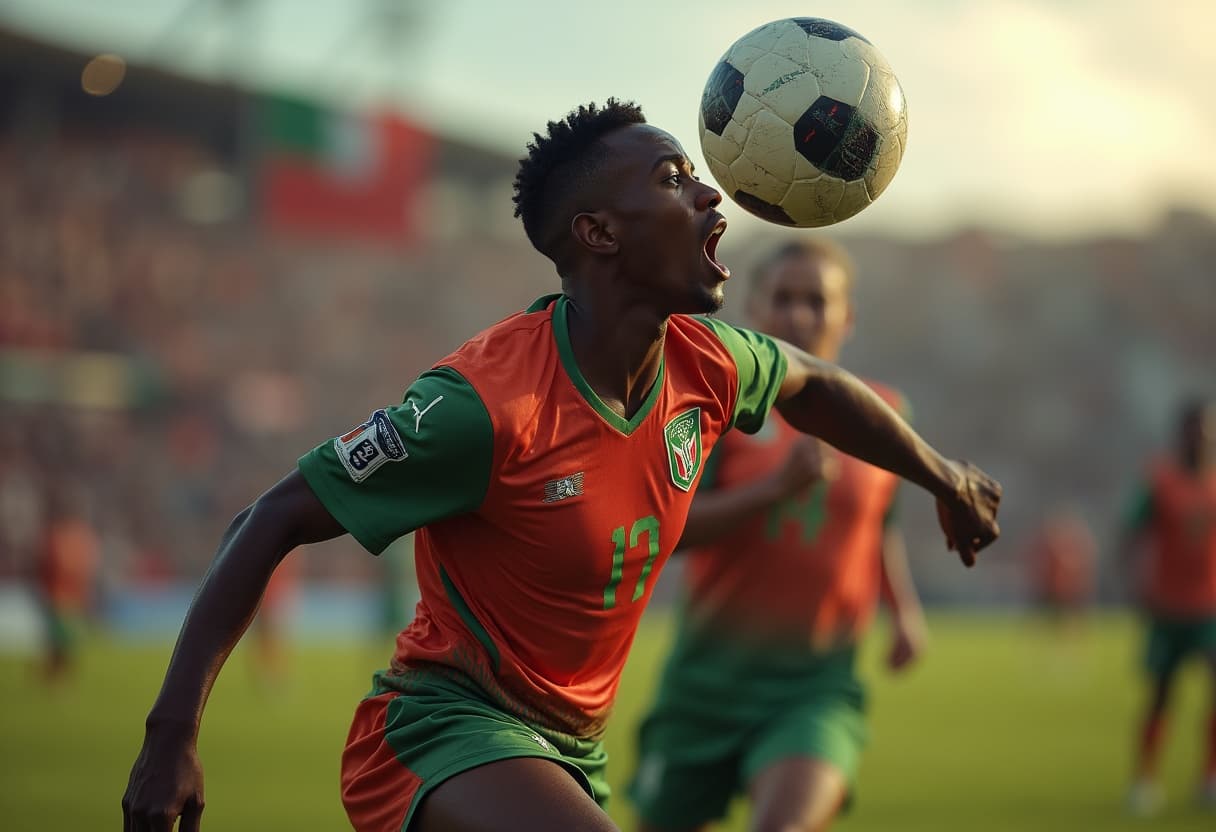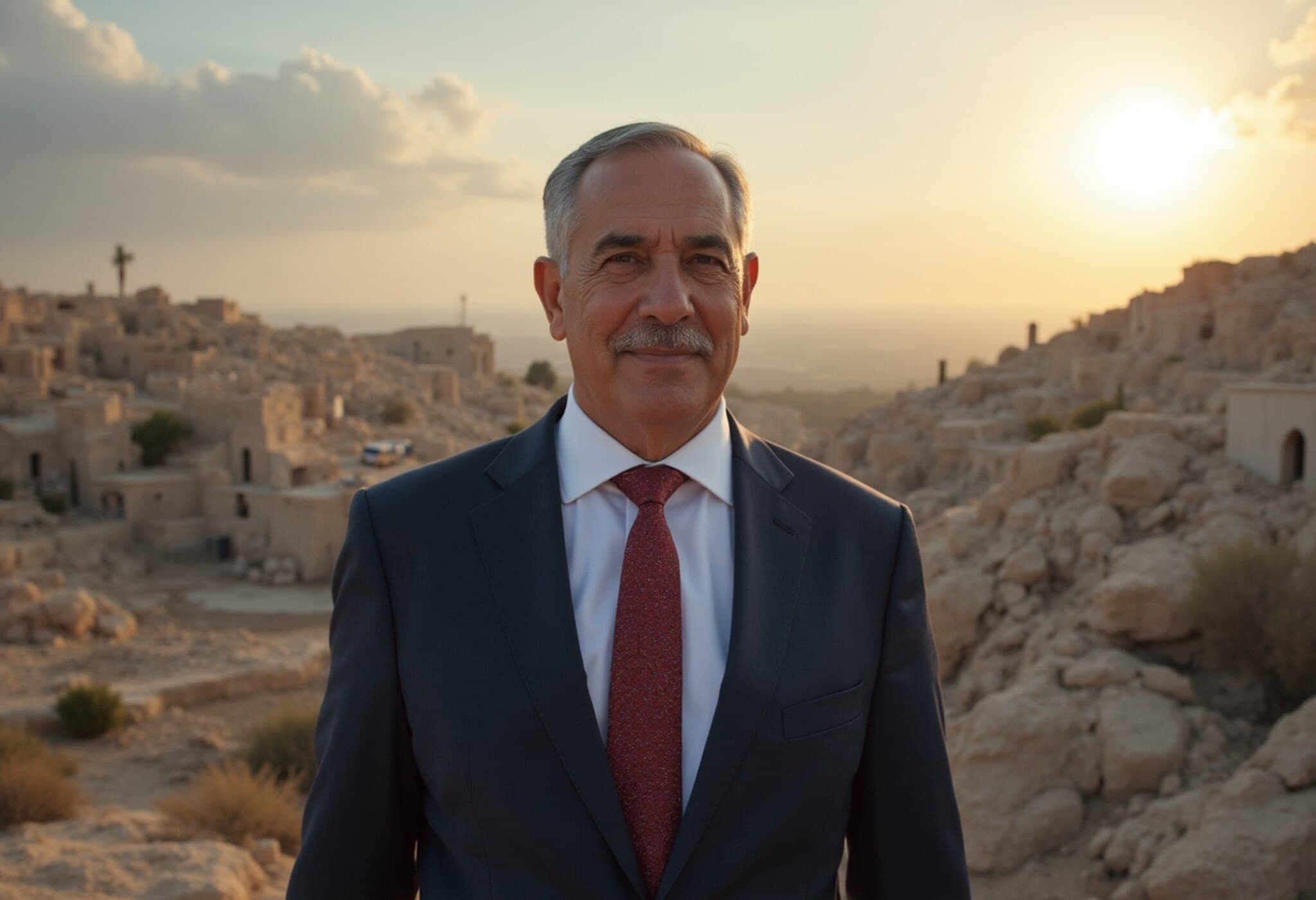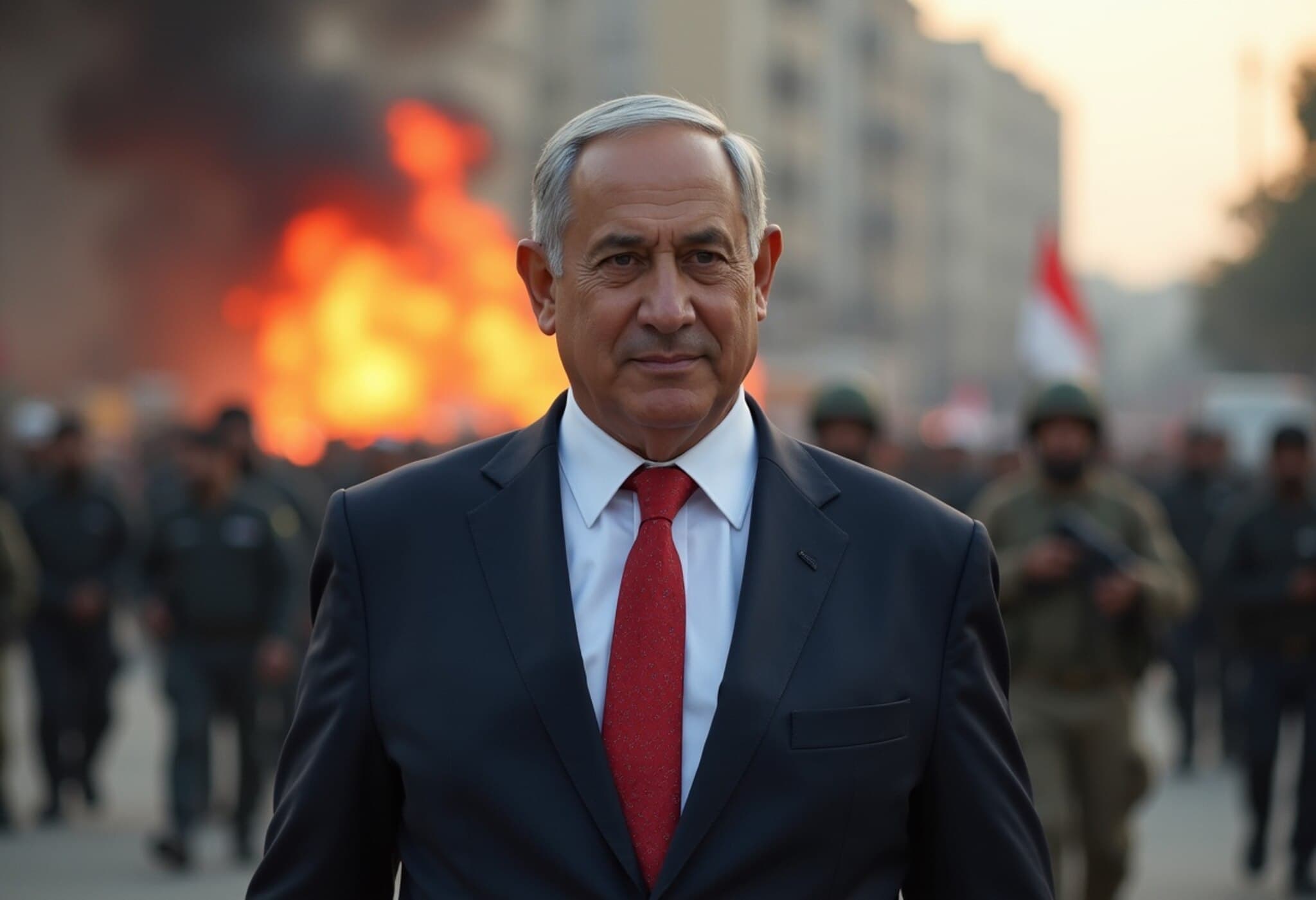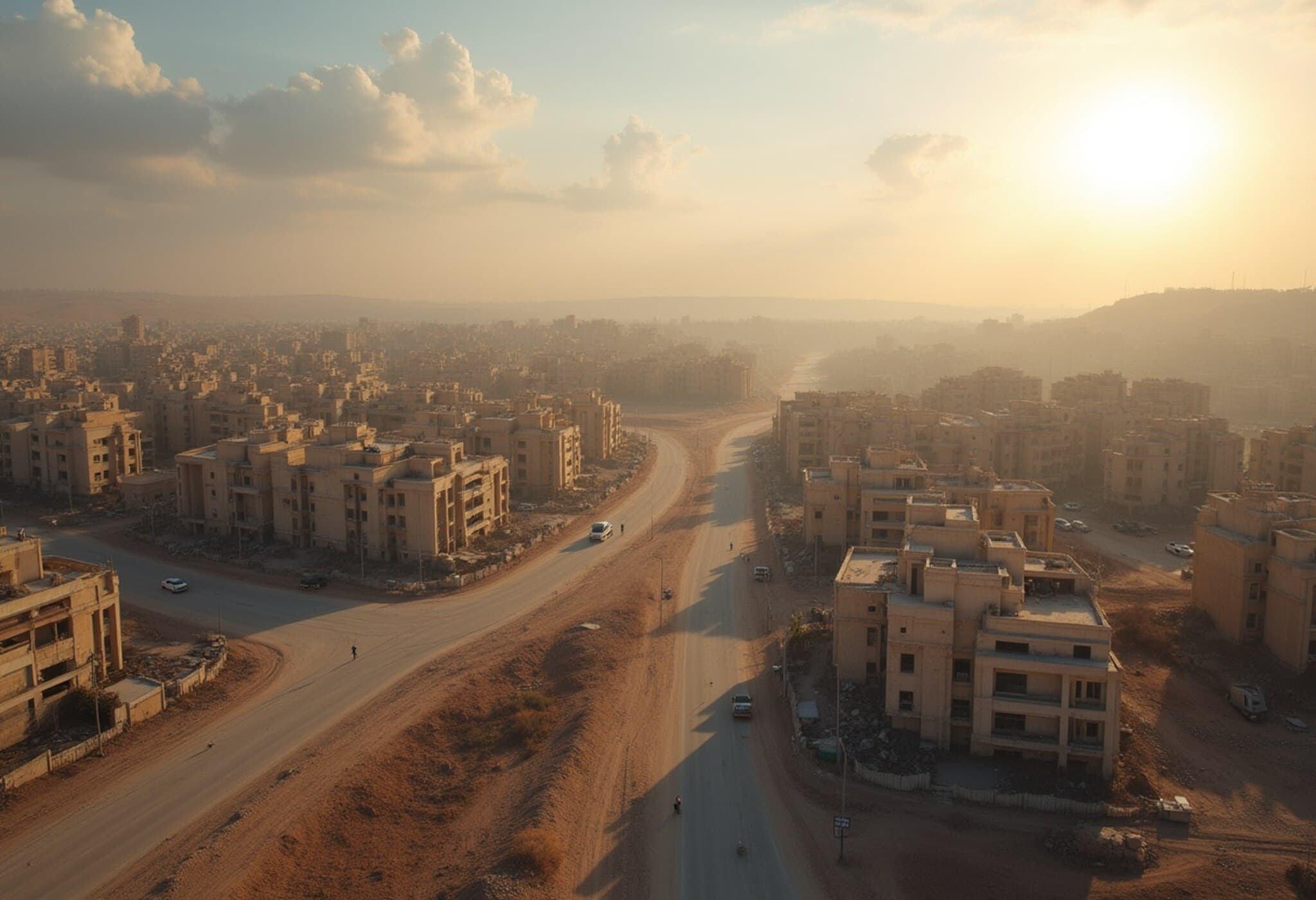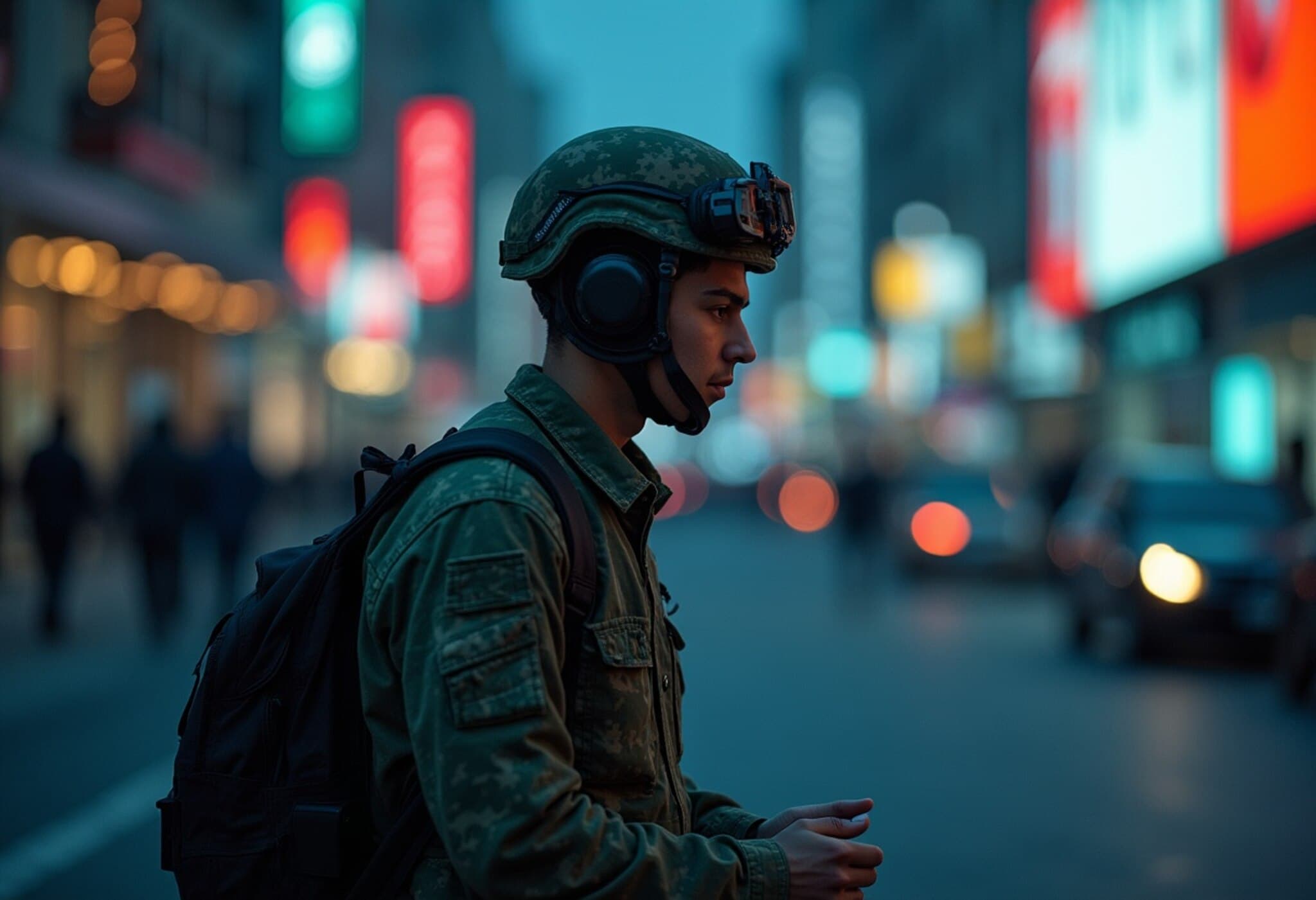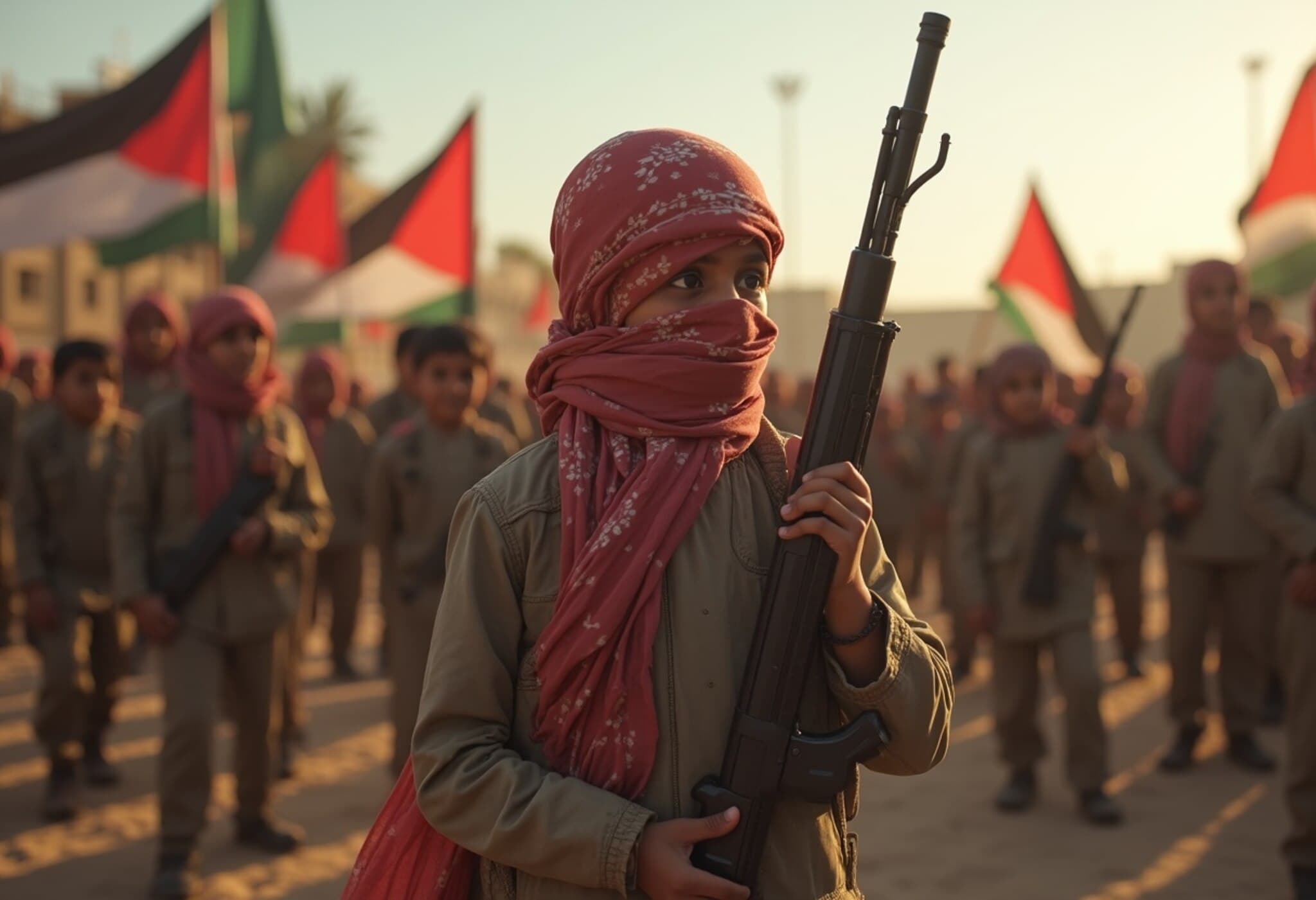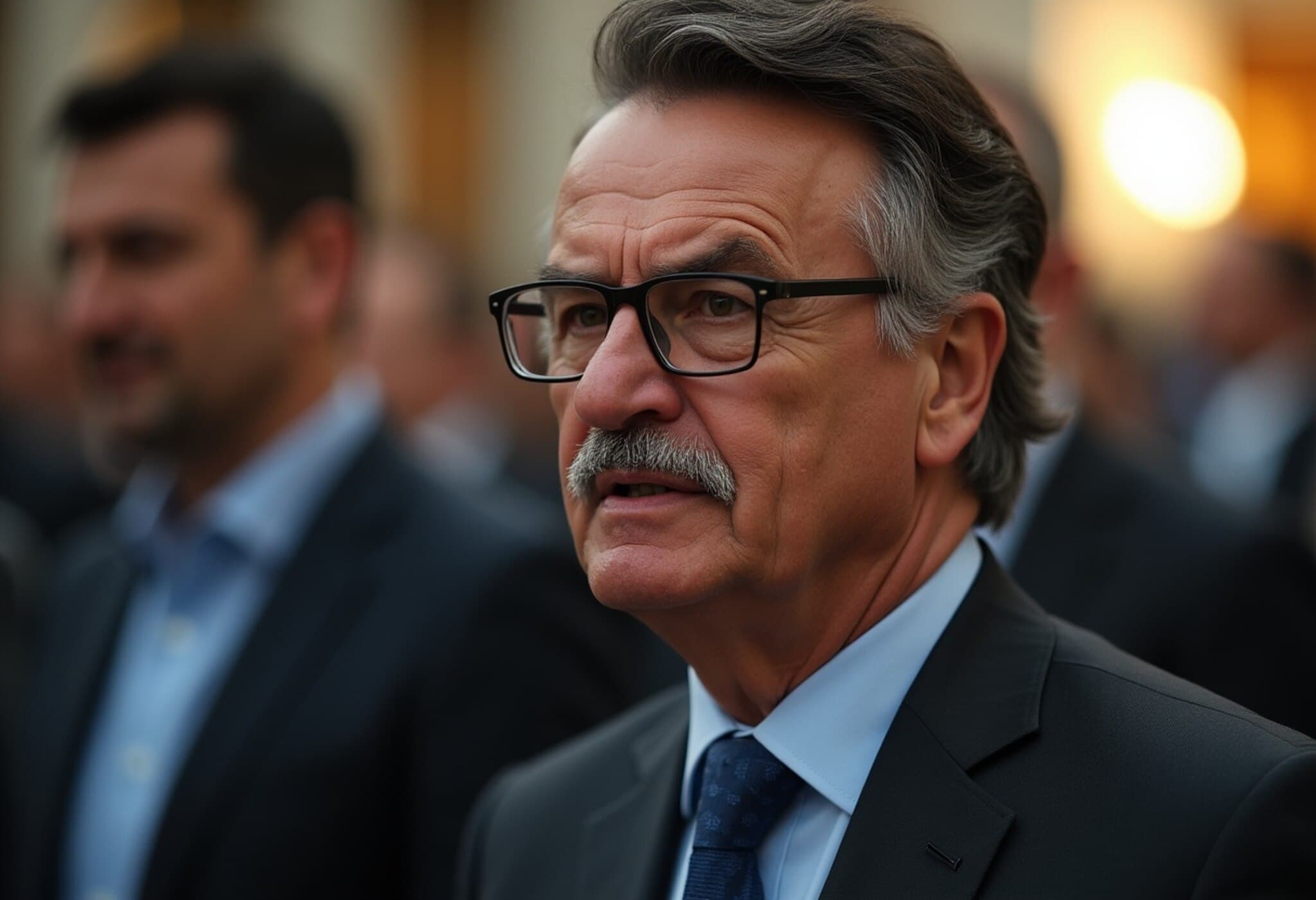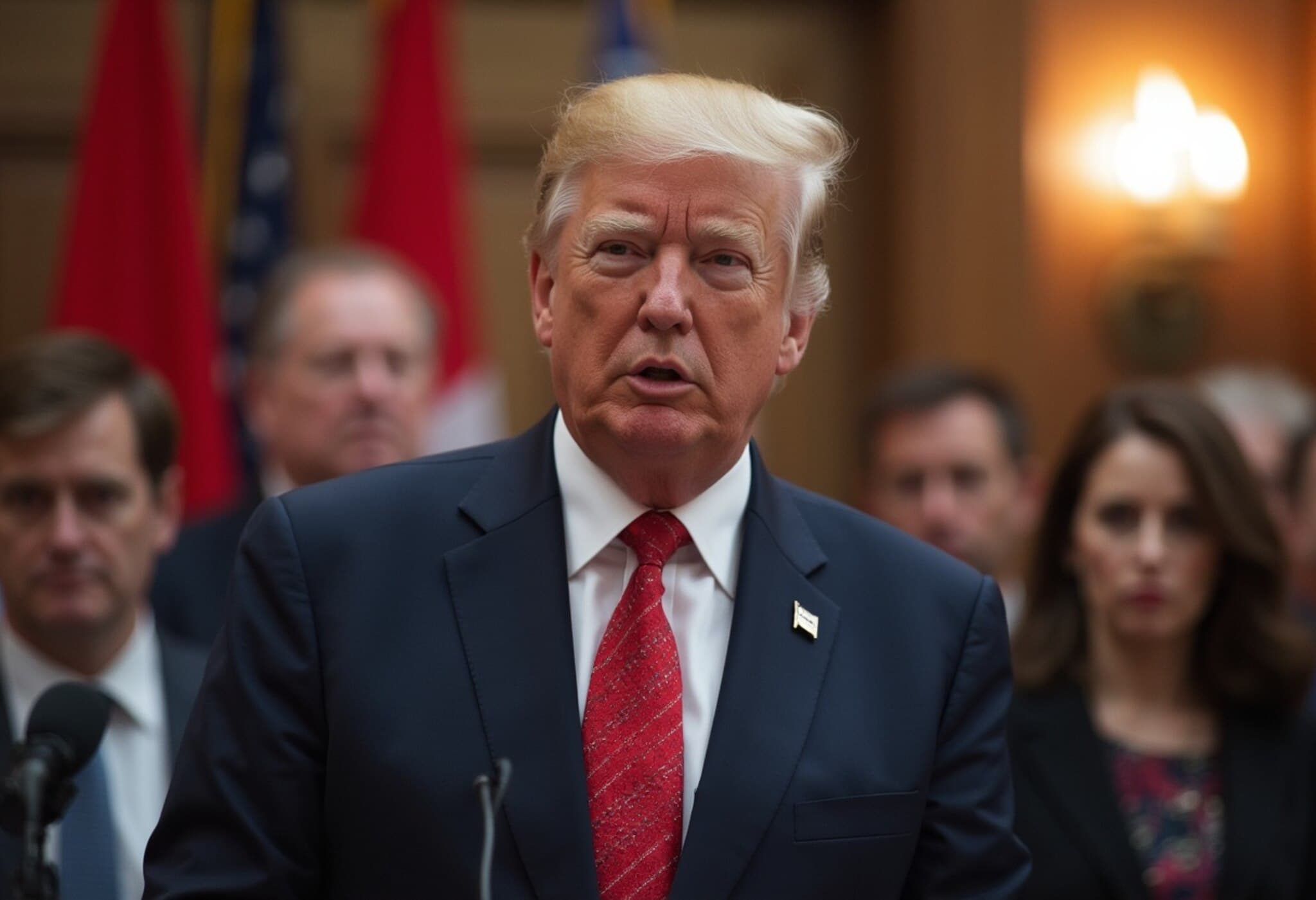Protests Halt Vuelta a España Early Over Israeli Team Participation
The prestigious Vuelta a España, one of cycling’s monumental Grand Tours, faced an unprecedented early conclusion on its final day as pro-Palestinian demonstrators blocked the race route. The event was stopped with just 43 kilometers — roughly 27 miles — to go, citing security concerns. This marked the fifth significant disruption during the three-week race, all linked to the controversial presence of the Israel-Premier Tech cycling team.
Israel-Premier Tech: A Team Under the Microscope
Founded by Canadian billionaire Sylvan Adams, who relocated to Israel around a decade ago, Israel-Premier Tech was originally intended to promote Israeli sports on the global stage. However, since the outbreak of hostilities between Israel and Hamas militants in Gaza nearly two years ago, the team has become a lightning rod for political tensions.
The team boasts dual Canadian and Israeli ties, with Canadian management and athletes alongside sponsorship from a Quebec agricultural company. Yet, despite the team and Adams emphasizing the sporting — rather than political — nature of their participation, protests have intensified internationally.
Chaos and Conflict on the Course
- During the Vuelta, protest actions have led to race rerouting and shortening of stages to avoid demonstrations.
- Cyclists on competing teams have suffered minor injuries in the confusion during protests.
- Israel-Premier Tech riders resorted to donning jerseys bearing only their initials in an attempt to de-escalate tensions, but to little avail.
On the final day, the atmosphere escalated with confrontations between police and protesters in Madrid, including tear gas exchanges and barricades. The normally festive podium ceremony was canceled for safety reasons.
Extending the Protest to Canada
The controversy spilled over to North America, where another major bike race in Montreal encountered boisterous pro-Palestinian demonstrations targeting the Israel-Premier Tech team. Protesters waved Palestinian flags and loudly voiced their opposition, but the race was able to conclude without major incident, thanks to substantial police presence and barriers.
Notably, during the Canadian event, top cyclists such as Tour de France winner Tadej Pogačar voiced their apprehension about the safety risks borne by all competitors. The tension reflects a growing intersection of global politics and international sporting competitions.
Political Support and Divisions
In Spain, Prime Minister Pedro Sánchez publicly praised the protesters' dedication, framing their mobilization as a defense of human rights and solidarity with the Palestinian cause. His remarks underscored how sports events can become focal points for broader geopolitical debates and activism.
Conversely, Israel’s Prime Minister Benjamin Netanyahu lauded Sylvan Adams and the Israeli cycling team for standing firm “against hate and intimidation,” emphasizing the team's role as a symbol of national pride amid adversity.
Expert Analysis: When Sport Meets Geopolitics
The disruptions caused by the Israel-Premier Tech team’s involvement raise crucial questions about the role of sports diplomacy in conflict zones. Sylvan Adams describes the team as a form of “sports diplomacy,” seeking to transcend political discord. Yet, the continuous protests illustrate how international conflicts can permeate even seemingly apolitical arenas like professional cycling.
For policymakers and sports organizers, balancing freedom of expression with security and sporting integrity is an evolving challenge. The Israeli team’s experience highlights the limits of sports as a neutral ground when deeply entrenched humanitarian and political issues are involved.
Looking Ahead: Navigating Complex Terrain
As international sporting events seek to unite diverse audiences, the Vuelta and Montreal race disruptions are stark reminders that the world is watching—and that broader conflicts ripple through these global stages. How sports organizations will address such polarizing geopolitical tensions moving forward remains to be seen.
Key Takeaways:
- Security Concerns led to the premature ending of the Vuelta a España and necessitated significant police presence in Montreal.
- Political Expression spilled into sporting events, reflecting global divisions over the Israeli-Palestinian conflict.
- Sports Diplomacy vs. Political Reality: The Israeli team’s attempt to separate politics from sports has faced persistent challenges.
- Safety of Riders: Concerns expressed by athletes emphasize the real risks involved amidst such tensions.
Editor’s Note
The intersection of geopolitics and sports is a complex, often volatile space. The recent protests against Israel-Premier Tech underscore how global conflicts penetrate public arenas, highlighting urgent questions about the limits of sports neutrality and freedom of expression. As organizers confront these realities, the conversation must extend beyond the racecourse—inviting deeper dialogue on how international sport can foster genuine understanding without becoming a battleground for political disputes.



